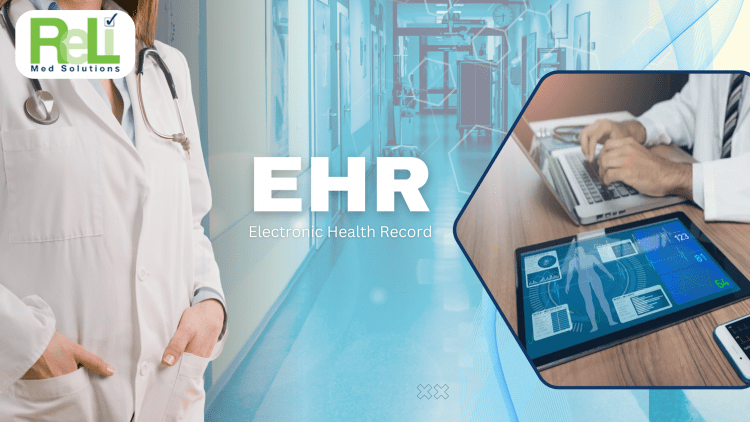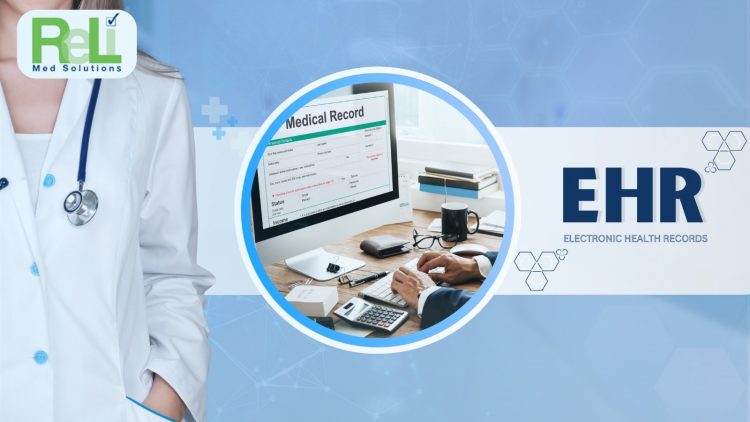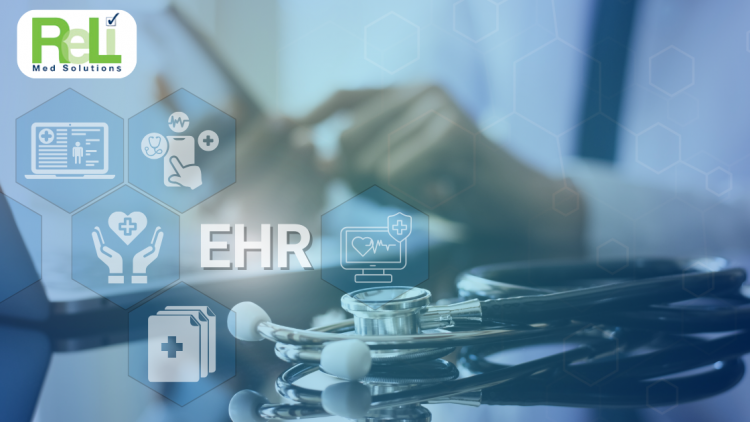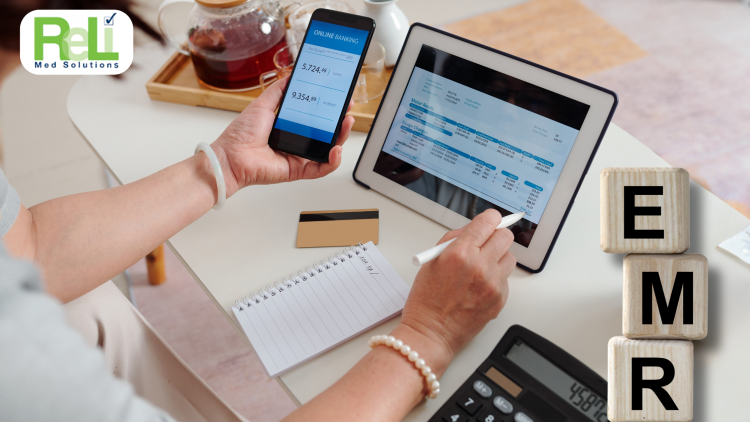How Does Electronic Health Records (EHR) Software Work: A 2025 Guide
Electronic Health Records (EHR) Software makes handling Medical Records simple. It changes paper records into digital ones, so work is faster and tidy. Many ask how it works and why it helps. Doctors and nurses can update and save records quickly, which makes care better. But it also helps reduce mistakes. This guide shows how the system works and what new things to expect in 2025. It makes health care safer and easier for all.
Difference Between EHR & EMR Software
Some people think Electronic Health Records (EHR) Software and EMR software are the same, but they are not. EMR software only keeps digital records for one clinic or hospital. It saves details like a patient’s medical history, treatment plans, and test results. However, it cannot easily share this details with other providers, so its use is limited.
EHR software is unique because it can share medical records with clinics, hospitals, and pharmacies. This helps a new doctor quickly see a patient’s health history. When used with medical billing services, it makes health care easier and faster. That’s why EHR is so vital in health care today.
How Does Electronic Health Records (EHR) Software Work?
EHR Software might seem difficult, but its function can be broken down into a few simple steps:
- Data Collection: Health care providers add patient details like name, age, medical history, and medicines into the EHR Software. It helps keep all vital information in one place.
- Data Storage: This info is stored safely in cloud servers or local databases. It stays private but is easy to access when needed.
- Data Sharing: EHR Software lets authorized experts share this info. This makes working together easier and helps improve care for patients.
- Automation: The software handles tasks like booking appointments, sending reminders, and refilling medicines automatically. This gives doctors more time to care for patients.
- Integration: It works with labs, scan machines, and pharmacies to bring all important details, like bills, in one place.
- Reporting: The software makes clear reports to help doctors check patient progress and make good decisions.
- Security: Strong safety measures keep patient records private and follow all rules.
Key Trends in EHR Software for 2025
Tech is making Electronic Health Records (EHR) Software better. One big change is the use of AI. AI helps doctors look at Medical Records faster and find problems early. This helps doctors act sooner to prevent serious health issues. EHR software is now being improved to work better on phones and tablets. Many doctors and nurses use these devices, so the software needs to be simple and easy to use. This helps them do their work faster.
Online doctor visits, or telemedicine, are also growing. EHR software now has tools for these visits, so patients can talk to their doctors from home. It also works with billing systems to make payments and records easier for patients and doctors. Security is also getting better. This keeps patient records safe from hackers and protects their info.
Challenges in Implementing EHR Software
Implementing Electronic Health Records (EHR) Software comes with challenges. High costs often discourage small clinics from adopting EHR systems, so they continue using paper Medical Records.
Training health care staff to use EHR systems is another hurdle. Many providers feel the software takes too much time during patient visits, affecting their focus. Sharing medical records between different systems can be slow because the systems don’t work well together. Keeping patient data safe is also a big challenge, especially when using medical billing services.
Conclusion
Electronic Health Records (EHR) Software makes managing Medical Records faster and easier. It lets doctors and nurses share details safely, and better patient care. However, clinics need to handle costs and training. ReLi Med Solutions offers useful EHR systems with great features. Choosing ReLi Med Solutions helps clinics improve workflows, use Medical Billing Services, and care better for patients. Contact us today to learn more about our EHR solutions.








